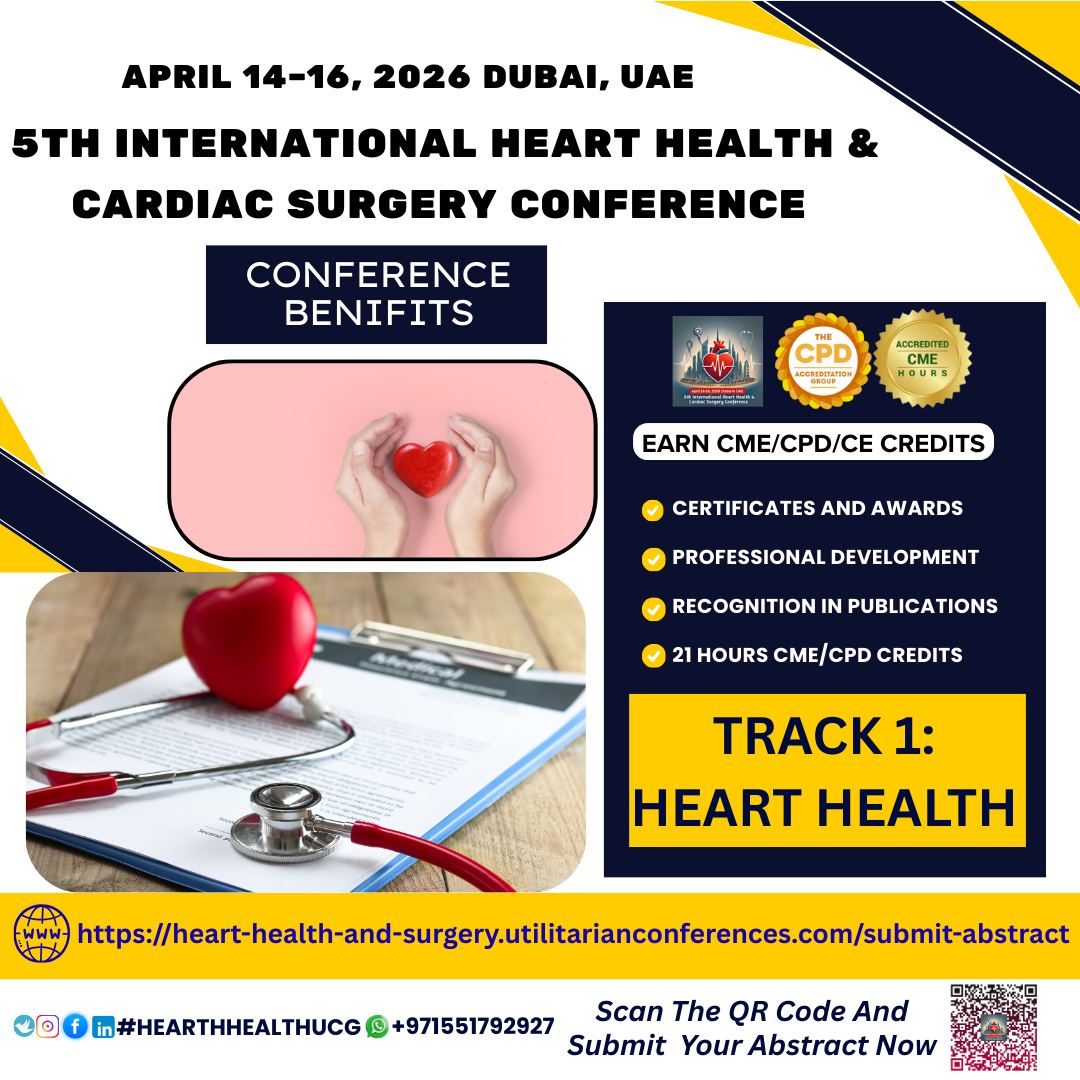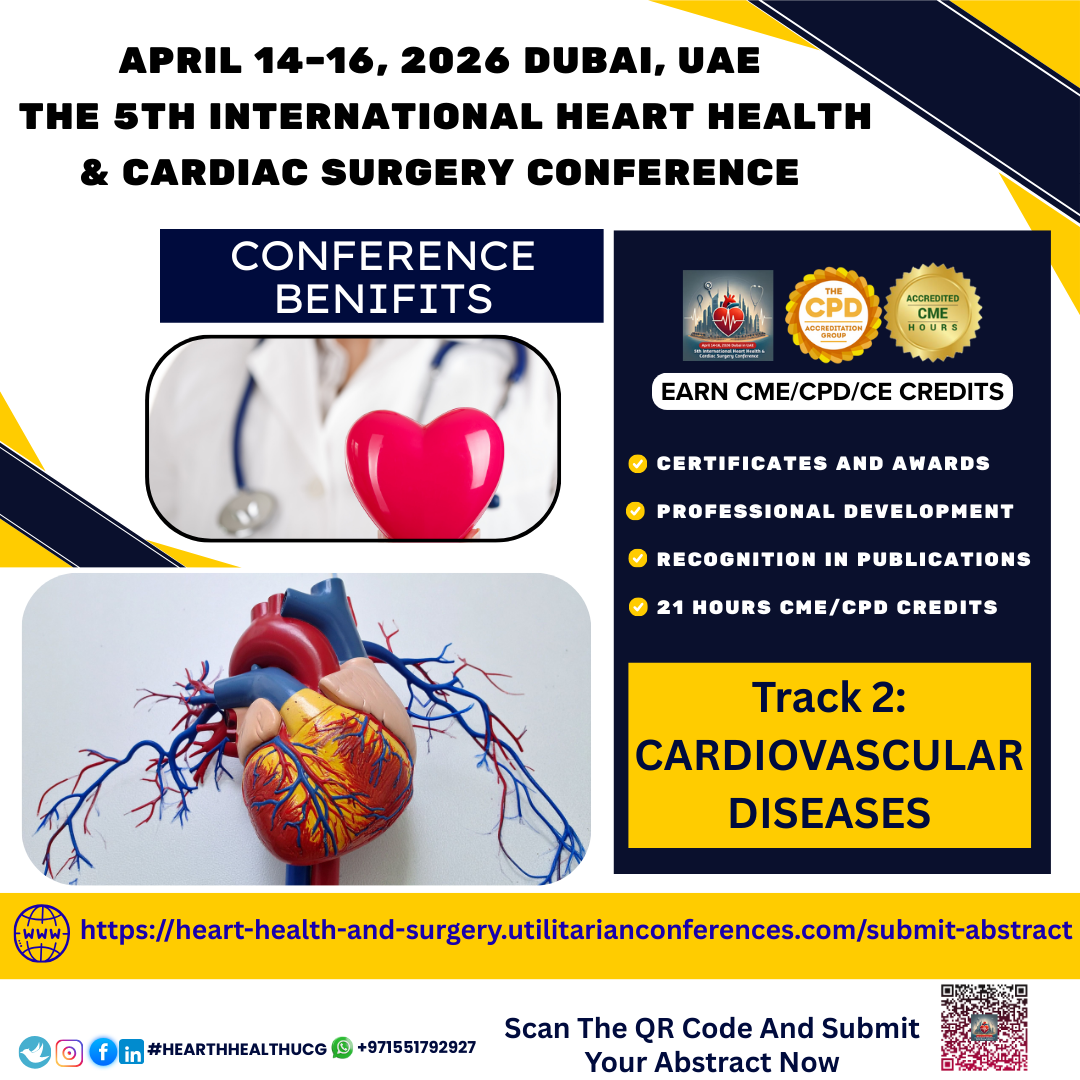Heart Health is a broad and essential topic that refers to maintaining the proper functioning of the heart and circulatory system. Here’s a structured overview to help you understand the key aspects:
🫀 What Is Heart Health?
Heart health refers to the overall function and well-being of your heart and blood vessels. A healthy heart efficiently pumps blood, delivering oxygen and nutrients to the body while removing waste products.
❤️ Why Is Heart Health Important?
- Prevents cardiovascular diseases (CVDs), the leading cause of death globally.
- Reduces the risk of heart attack, stroke, and heart failure.
- Supports overall physical and mental well-being.
🧠 Key Components of Heart Health
- Healthy Diet
- Focus on whole grains, fruits, vegetables, lean proteins, and healthy fats.
- Reduce sodium, sugar, and trans fats.
- Examples: Mediterranean or DASH diet.
- Regular Physical Activity
- Aim for at least 150 minutes of moderate aerobic activity or 75 minutes of vigorous activity per week.
- Include strength training exercises.
- Maintaining a Healthy Weight
- Excess weight, especially around the abdomen, increases the risk of heart disease.
- Monitoring Blood Pressure & Cholesterol
- High blood pressure and high LDL cholesterol are major risk factors.
- Managing Stress
- Chronic stress contributes to inflammation and high blood pressure.
- Techniques: Meditation, yoga, therapy, or hobbies.
- Avoiding Tobacco and Limiting Alcohol
- Smoking severely damages heart and blood vessels.
- Alcohol should be consumed in moderation (if at all).
- Getting Quality Sleep
- Poor sleep is linked to heart issues. Aim for 7–9 hours per night.
🩺 Common Heart Conditions
- Coronary artery disease (CAD)
- Hypertension (High Blood Pressure)
- Arrhythmias (Irregular heartbeat)
- Heart failure
- Heart valve disease
🧬 Risk Factors for Heart Disease
- Family history of heart disease
- High blood pressure or cholesterol
- Diabetes
- Smoking
- Poor diet and inactivity
- Chronic stress
✅ Tips to Improve Heart Health
- Get regular checkups.
- Track your blood pressure and cholesterol.
- Practice mindfulness and stay socially connected.
- Stay hydrated and avoid processed foods.
- Prioritize preventive care.
Sub tract : Heart Anatomy and Function, Cardiovascular Diseases, Blood Pressure Management, Cholesterol and Heart Health, Nutrition for a Healthy Heart, Exercise and Physical Activity, Smoking and Heart Disease, Alcohol and Heart Health, Obesity and Heart Risk, Diabetes and Cardiovascular Health, Stress and Heart Function, Sleep and Heart Health, Genetics and Family History, Preventive Heart Screenings, Heart Health in Women,





